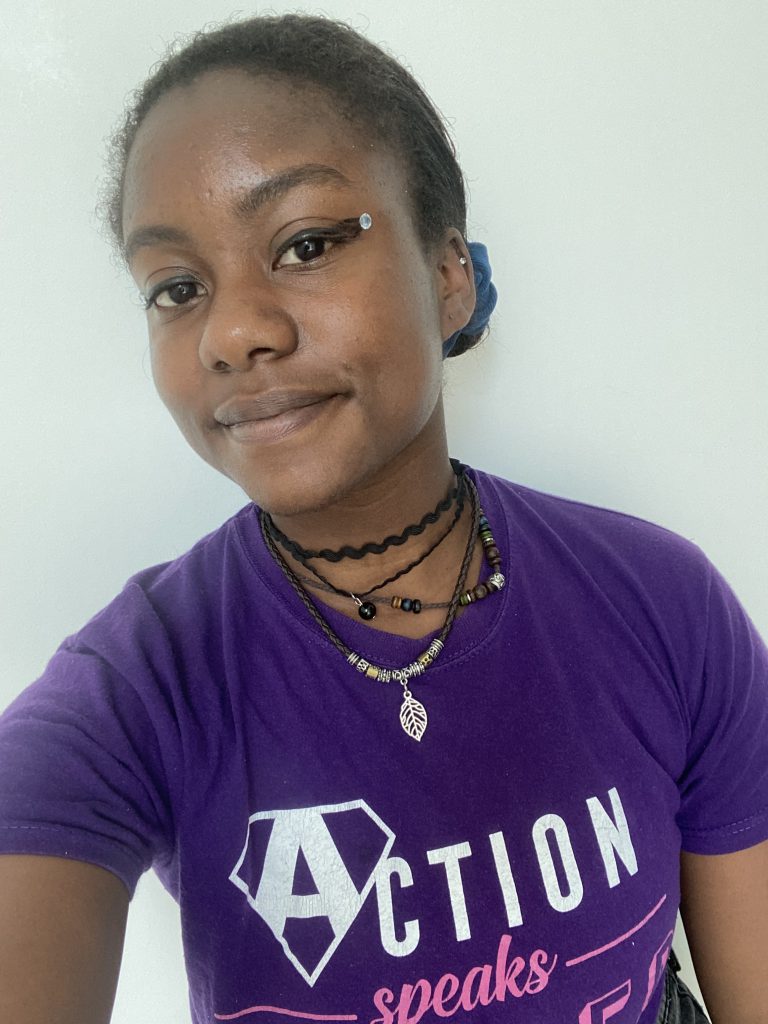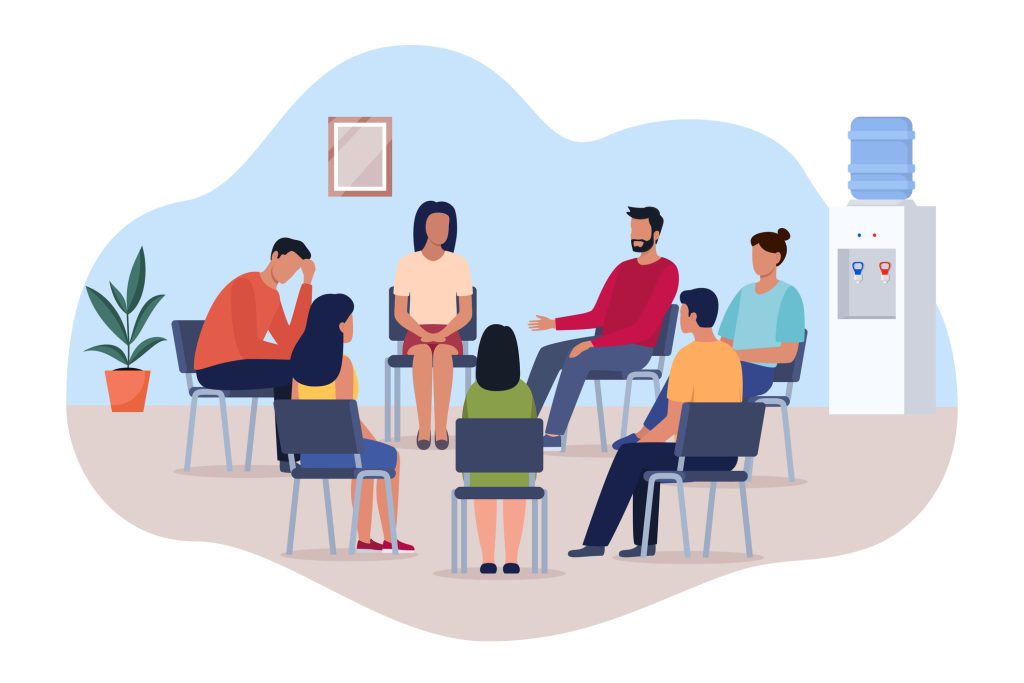There is a rise in mental health concerns among children and young people. In this week’s blog, we look at national mental health initiatives and their respective approaches in addressing this issue.
In recent years, there has been a rise in concern for mental health among children and young people. According to the 2017 Mental Health of Children and Young People (MHCYP) survey, 18% of children aged 7 to 16 years and 22% of young people aged 17 to 24 years old were found to have had a probable mental health disorder in 2022 alone.
In response to these concerns, various initiatives have been implemented in the UK. Here, we will take a look at three in particular: The Young People’s Advisory Group within the Biomedical Research Centre (BRC), Mentally Healthy Schools and The Peer Education Project (PEP). Each initiative aims to tackle youth mental health from a different angle, either by involving young people in the planning of mental health initiatives, focusing within schools or utilising peer relationships in supporting mental health
The Young People’s Advisory Group
One way to improve mental health is to ensure we undertake work that addresses the issues considered important by those individuals living with the relevant conditions(s). Advisory Groups are initiatives that aim to include members of the public and people with lived experience in the planning of projects. Young People’s Advisory Groups specifically allow young children and people to take on the role of research partners, assisting in the design of the research. This is very different from just being participants of research as it allows their voices to be heard. The roles of an advisory group include gathering opinions on the appropriateness of the research idea and on aspects of the design, such as the approach to recruitment. Advisory groups strive to achieve ‘meaningful involvement’ amongst young people and researchers.
An example of such an advisory group is the Young Persons Advisory Groups within The Biomedical Research Centre (BRC). This includes children and young people in order to obtain their opinions on how research should be conducted. Meetings are held either virtually or at Guy’s hospital or London Bridge every couple of months, and members are given the opportunity to provide feedback on projects. This also gives them the chance to learn about careers focused on health research .Young People’s Advisory Groups can also help ensure that mental health research is delivered in such a way that is accessible and easy to understand to the public.
Mentally Healthy Schools
Children and young people spend a large proportion of their lives in school, making it an optimal environment for implementing mental health strategies. Mentally Healthy Schools, developed through a partnership between the Royal Foundation, the Anna Freud Centre, Young Minds and Place2Be, is one such initiative.
Mentally Healthy Schools aims to equip education institutions across the UK with resources, advice and information on mental health. The initiative strives for a ‘whole- school approach’ such that all areas of the school work together in achieving positive mental health and wellbeing amongst their students. Services such as ‘mental health toolkits’ and a mental health and wellbeing calendar are provided, which aim to raise awareness of mental health amongst students. There are also resources for staff members, allowing them to understand and recognise the signs of mental health in their students.
Mentally Healthy Schools recognises the importance of supporting young children and people in educational settings with tools that allow them to develop life skills and coping strategies. The initiative equips schools with activities they can use with their students, in a way which allows them to reflect on their mental health and wellbeing.
The Peer Education Project
On an interpersonal level, peer relationships can be powerful for mental health education. The Peer Education Project, led by the Mental Health Foundation, is an initiative designed to deliver a mental health education programme to secondary schools across the UK. With the goal of ensuring that everyone can access mental health information, the Peer Education Project trains older pupils within schools to be ‘peer educators’ delivering mental health information to younger pupils.
The Peer Education Project is an unusual initiative in that it utilises peer relationships. This offers another route beyond time-pressured teachers to ensure young people are educated about and able to recognise the importance of mental health and positive wellbeing. This in turn should equip students at a young age with skills on supporting good mental health.
In summary…
Whilst it may take some time to see the impact of these initiatives, it is clear that they have value in providing education around mental health at the very least. In addition to bringing attention to the need for mental health support, they also enable a variety of hands-on approaches outside of clinical services to bring about change in the wellbeing of our youth.
Links to further mental health related initiatives:
- KidsTime Workshops = designed to help children with a parent with a mental health problem https://www.mentalhealth.org.uk/our-work/programmes/families-children-and-young-people/kidstime-workshops
- Becoming a Man: A mental well-being intervention adapted from the US that aims to support young men’s personal development by taking into account their lived experience and the often difficult environments they must navigate
- https://www.mentalhealth.org.uk/our-work/programmes/families-children-and-young-people/becoming-man-bam
- U OK? = A programme working with colleges and universities across England to empower students to take their well-being into their own hands. Serves to equip students with the knowledge and confidence to support their peers with their mental health https://www.mentalhealth.org.uk/our-work/programmes/programmes-families-children-and-young-people/u-ok





